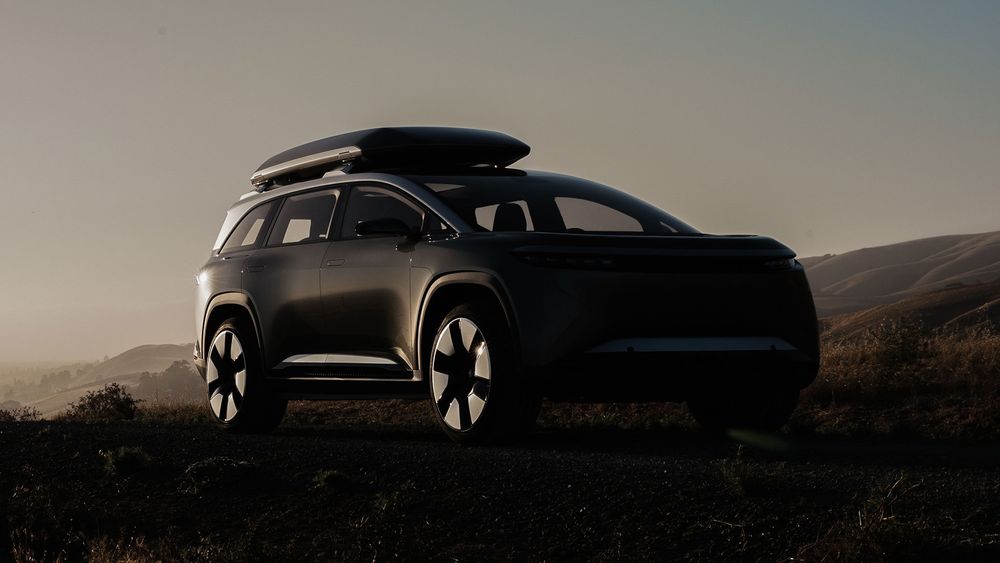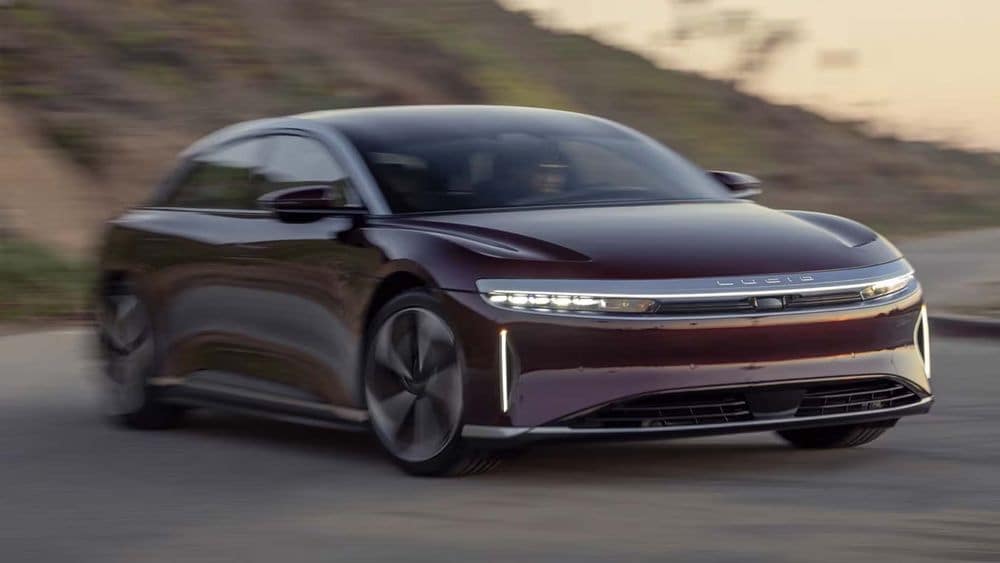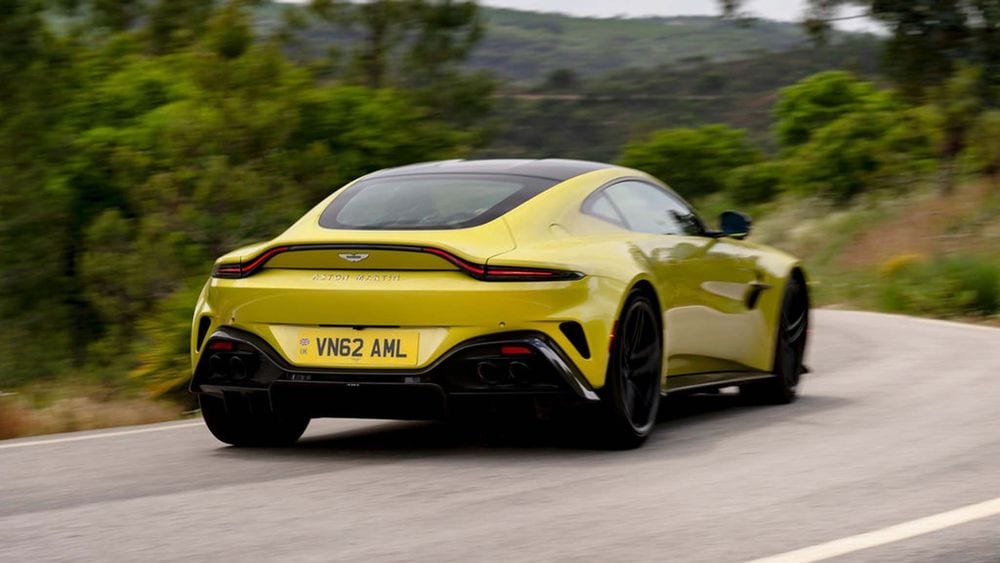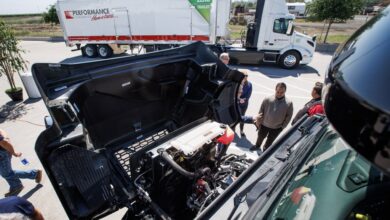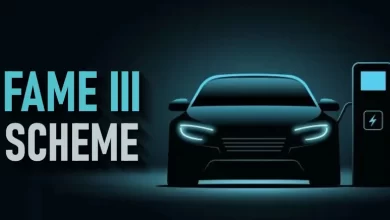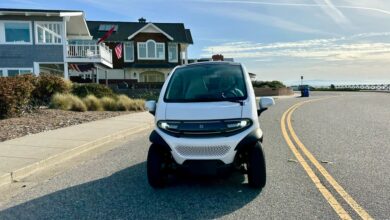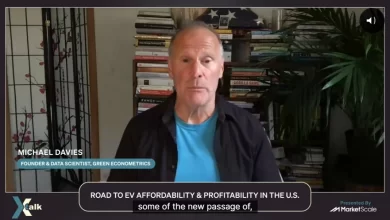How Lucid Motors Will Take on EV’s Juggernauts: Tesla and China
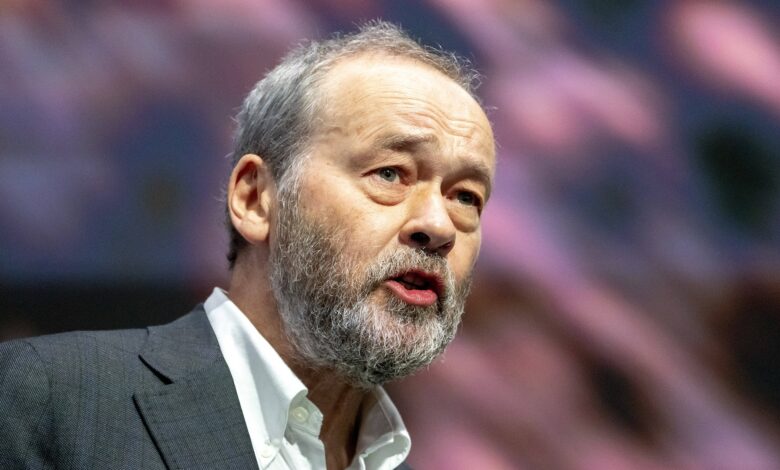
With the notable exception of Tesla (so far), every automaker lives and dies by the numbers. And for Lucid Motors, the most recent numbers don’t look great. The company is behind on its goal to sell 9000 vehicles this year and lost $685 million in the first quarter.
However, Lucid CEO Peter Rawlinson says the headlines don’t tell the full story. “There’s a temporary lull in the uptake of EVs and there are a number of reasons for that,” he acknowledged during an interview at the 2024 Financial Times Future of the Car summit in London. “One is too many people have had a rather inadequate experience from inadequate products. But we’re up 37 percent in terms of deliveries, year on year. We have outsold Porsche Taycan and Mercedes EQS in the U.S.”
And what about that $685 million loss? “That’s been kind of misreported because actually our losses were reduced,” Rawlinson says. “They went from 43 cents a share to 30 cents. It’s just that Wall Street was anticipating 25 cents a share, which was over optimistic. What I can’t emphasize enough, is that our finances are dominated by our investments for the future. We’re pouring serious money into factories, into R&D, into vertically integrating manufacturing technology.”
Rawlinson says it’s wrong to assume Lucid will remain a niche player selling expensive EVs in relatively limited numbers. “I don’t think we’ve given a good enough message that we’re on a mission. We’ve got huge ambitions to be a major volume player. We’re developing the best technology in the world to push down the price of EVs so more people can transition [into EVs].”
The launch later this year of the Gravity SUV means Lucid will have a product that appeals to six times as many potential customers as the Air sedan, Rawlinson says. But the real step-change will be the 2026 launch of a mid-sized sedan that’s specifically aimed at Tesla’s Model 3. The new model will be built at Lucid’s Casa Grande plant in Arizona, but also in a brand-new factory in Saudi Arabia that will have the capacity to produce 150,000 vehicles a year.
Rawlinson believes Lucid’s focus on optimizing range through a holistic approach to powertrain and battery development will be key to making the mid-sized Lucid a genuine Model 3 fighter, and a benchmark mainstream EV. “There’s a perception today that all gasoline cars are bad, and all electric cars are environmentally sustainable. Frankly, they’re not. There is vast range of performance attributes among EVs. Some really are electron guzzlers.”
Rawlinson claims the rear-drive Lucid Air Pure can travel 4.74 miles for every kilowatt hour of energy consumed from its battery, which means it can travel the same distance as a Mercedes-Benz EQS using just two-thirds the electrical energy. “I think we can get to five miles per kilowatt hour within the next 18 months,” he says. “The vision I have— what’s going to save the planet—is the six miles per kilowatt hour car. I think we can do that in the next three years.”
The new mid-sized Lucid will be a $50,000 car, which is just above the average MSRP for a new car sold in the U.S. last year. “I don’t aspire for us to do the $25,000 EV,” Rawlinson says. “But I think the enabler [for a $25,000 EV] could from us.”
Rather than build millions of EVs under the Lucid brand, Rawlinson wants to license Lucid’s technology to other automakers, and have them build millions of Lucid-powered EVs. “Just like you’ve got Intel inside a laptop, you can have Lucid inside powering another brand’s vehicles,” Rawlinson says.
The $450 million deal signed last year with Aston Martin to build battery modules and drive units complete with motors, inverters, and transmissions in Arizona, for shipment in the U.K. and installation in the storied British automaker’s forthcoming lineup of EVs, could be the first of many. “If you look at the tech we have in our current range of cars, it suits a high-performance luxury car. But the tech that we’re developing now for our mid-sized platform would really suit an affordable family car.”
Rawlinson believes that with a powertrain able to get six miles per kilowatt hour and a reliable fast charging network, a 25-kWh battery pack in a low price EV would be sufficient for most consumers. “That would give you 150 miles of range,” he says. “Today, we carry the antidote for range anxiety in the car in the form of range, and that costs money.”
A key enabler in this low-cost EV scenario, Rawlinson says, is lithium iron phosphate cell technology, which although it offers less energy density than the lithium-ion chemistries currently used in the majority of EVs, can charge faster and is much cheaper. “We’re talking about a 25-kWh battery pack that could be under $30,00 and maybe closer to $2,000.”
But have western automakers already lost the race to produce affordable EVs to the Chinese? Rawlinson doesn’t think so. “We’ve underestimated the ability of the Chinese to make good cars,” he acknowledges. “They’re not quite there yet, but they’ve come on a lot.” However, China’s EV makers still lag the best of the western EV makers in terms of powertrains, he insists. “If you look at the elegance of their drive train technology, their batteries, the way things are integrated, and the power density of their drive units—the overall efficiency of the system—it’s not even close to Tesla.”
Rawlinson understands Tesla well. During his career he headed engineering units at Jaguar and Lotus but made his name in EVs as chief vehicle engineer of Tesla’s groundbreaking Model S sedan and the Model X SUV. He left Tesla in 2012 to establish Lucid in 2013. “At the time, Tesla was taking complete leadership of the technology, and I learnt hugely from that experience,” he says. “Lucid only exists because of that experience.”
But Peter Rawlinson believes Lucid can overtake his old employer. “Tesla is distracted right now,” he says, implicitly acknowledging Elon Musk’s apparent pre-occupation with social media and politics. “It’s for Lucid to take the mantle and to really propel technology the world needs with zero distraction and absolute laser focus on the mission ahead. And we’re up for it.”
